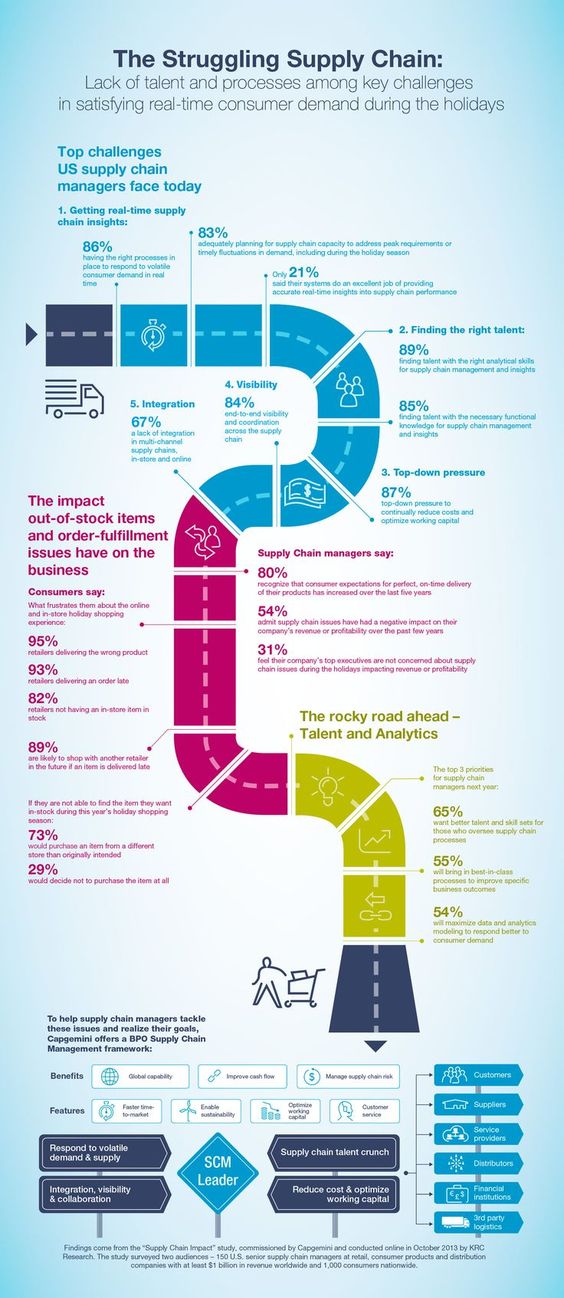The supply chain is an essential aspect of modern business operations, enabling goods and services to be produced and delivered efficiently. However, supply chains are not immune to disruptions such as natural disasters, geopolitical turmoil, financial instability, supplier issues and more. Supply chain disruptions can have a catastrophic impact on businesses, leading to lost revenue, dissatisfied customers, and unrecoverable reputational damage.
Implementing a risk management strategy for your supply chain is critical to mitigate the impact of these disruptions and build resilience in your operations. Here are some key strategies for effective risk management in your supply chain:
Conduct Comprehensive Risk Assessments
A risk assessment is an essential starting point in developing your risk management strategy for your supply chain. Conduct a comprehensive assessment to identify potential risks and their possible impact on your business. Evaluate both internal and external risks and rank them based on their potential impact, probability, and frequency.
Develop Contingency Plans
Contingency plans are specific measures developed to respond to specific supply chain disruptions. Develop contingency plans for each identified risk, outlining the steps to take to mitigate the impact of a disruption on your business. Detail how these steps will help you resume operations quickly.
Establish Supplier Risk Management Strategies
Ensuring your suppliers follow ethical practices and meet compliance standards is crucial in risk management. Establishing supplier risk management strategies to mitigate potential supplier risk helps to identify supplier risks early and helps mitigate supplier interruptions.
Diversify Your Supplier Base
Overdependence on a single supplier increases your vulnerability to supply-chain disruptions. Always have alternative suppliers that can provide the same quality and quantity of goods and services as your current supplier. Evaluating your supplier base can make the process of diversification seamless.
Monitor Supply Chain Performance
Monitoring the performance of the supply chain ensures you stay alert to changes in the business environment that may affect your operations. Also, tracking and analyzing key performance metrics will help improve visibility and control over the supply chain.
Keep Lines of Communication Open
Effective communication is vital in ensuring supply chain resilience. Establishing clear communication channels with your suppliers will enable them to share vital information that can help you prepare for unexpected supply chain disruptions proactively.
Develop a Business Continuity Plan
Developing a business continuity plan involves an evaluation of possible disruptions and how they will affect your daily operations. A sound business continuity plan includes the identification of essential business functions and procedures to ensure the continuity of the critical operations when disruptions occur.
You might find these FREE courses useful
- Leverage Data Science for a More Agile Supply Chain
- Managing Supply Chain Disruption During COVID-19
- Investment Risk Management
- Market Risk Management: Frameworks & Strategies
- Credit Risk Management: Frameworks and Strategies
- FinTech Risk Management
- Implementing a Risk Management Framework
- Risk Management Specialization
Continuous Improvement
Continuous improvement ensures that the established risk management strategies are always identifying and mitigating new risks. Every possible risk should be continuously evaluated to maintain supply chain resilience.
In summary, a comprehensive risk management strategy is essential for mitigating supply chain disruptions. Strategies that include contingency planning, supplier risk management, supply chain performance monitoring, open communication channels, diversification of the supplier base, business continuity planning, and continuous improvement are critical to ensure supply chain resilience. Working collaboratively with suppliers, customers, and stakeholders to identify, evaluate, and mitigate supply chain risks proactively is the hallmark of an efficient and resilient supply chain.
